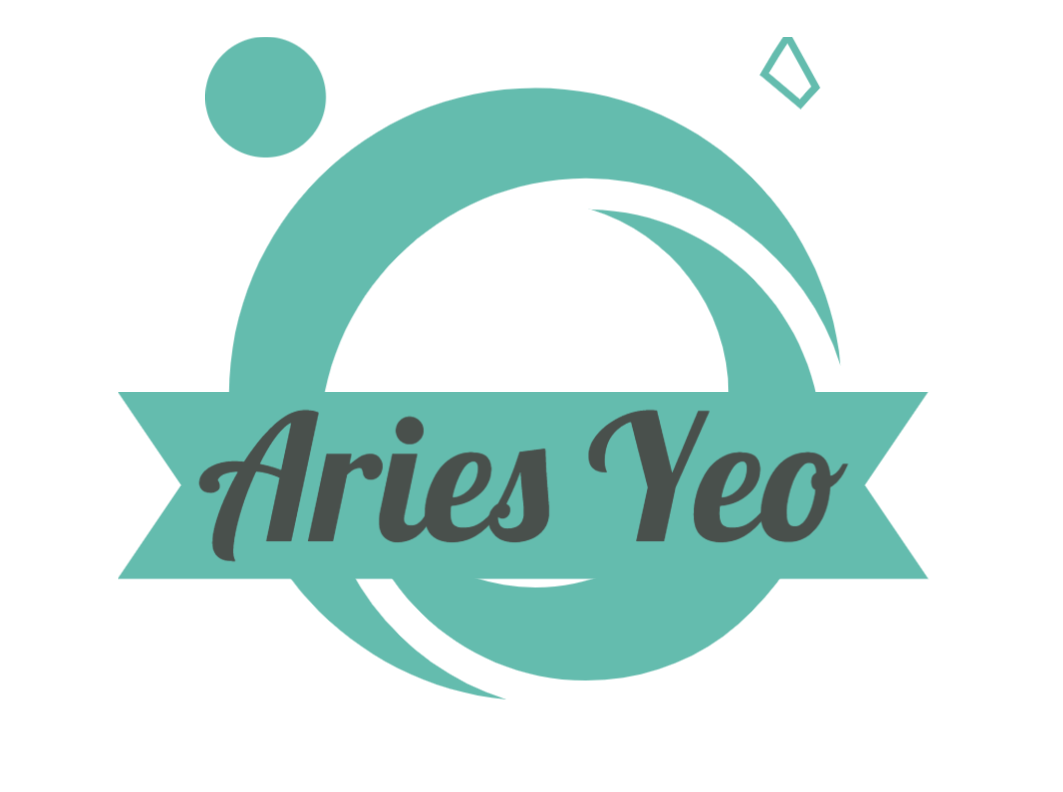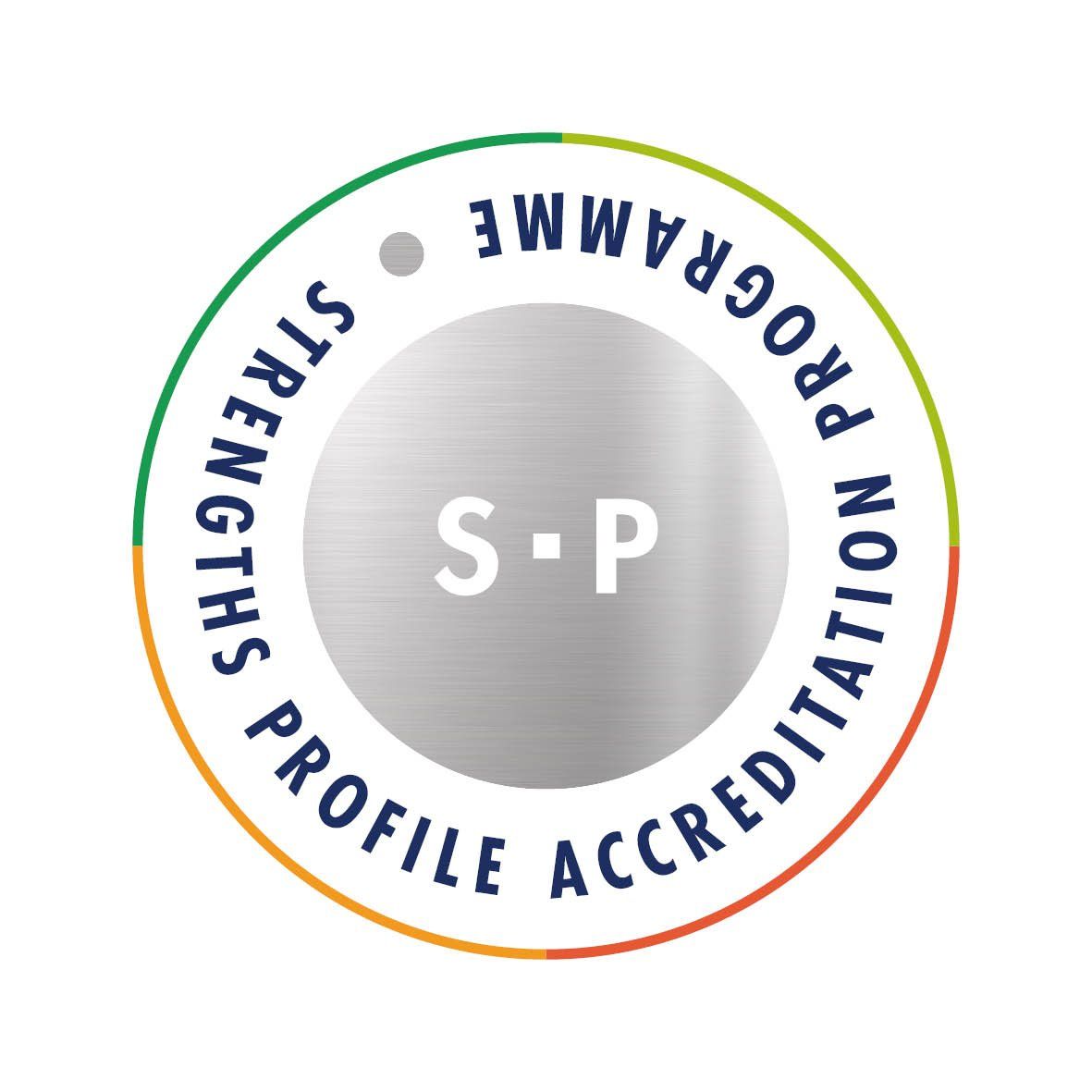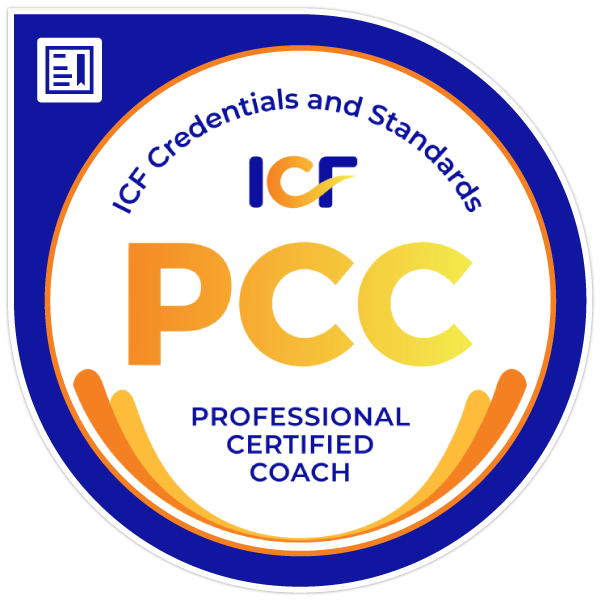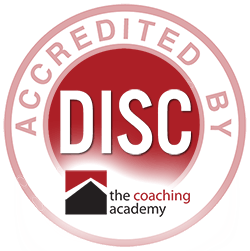Navigating the Maze of Decision-Making
Overcoming Struggles and Finding Clarity
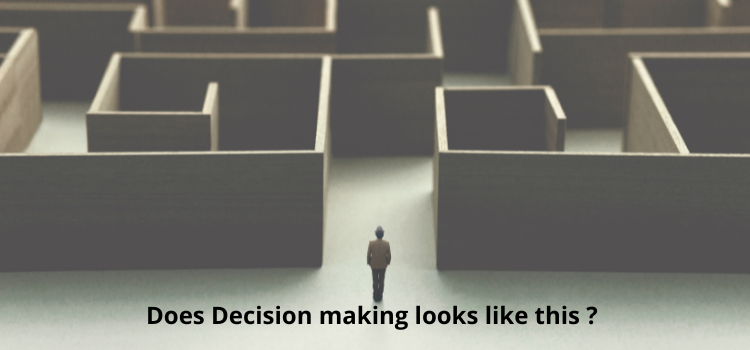
Do you truly know Yourself?
If so, why are there times of struggle to make that right choice in your career directions, in your relationship, etc
Decision-making is the thread that weaves through our daily existence. From the seemingly trivial choices of what to have for breakfast to the profound crossroads of career changes and personal relationships, the art of making decisions is a constant companion on our journey.
Especially in today's fast-paced world, we are inundated with an abundance of choices. This paradox of choice often leads to decision fatigue, making it difficult to settle on a single option.
Not surprisingly, many individuals, regardless of their intelligence, emotional intelligence, or seniority in corporate hierarchies, encounter moments where decision-making becomes an intricate puzzle. It's as if the map of life suddenly presents an uncharted territory, leaving us paralyzed by uncertainty and a profound fear of making the wrong choice. Procrastination becomes our unwelcome companion, and we find ourselves sitting on the fence, unable to commit to a path.
The complexity of decision-making arises from a multitude of factors, including the overwhelming abundance of choices, the fear of consequences, and the influence of personal biases. As we delve into these common hurdles that often obstruct the path to confident decision-making, take a moment to reflect on how these factors have manifested in your own life.
For me, the crux of my apprehension has often centered around the looming "what if." It's a word that carries the weight of all possible outcomes, both good and bad. I've come to realize that the key to overcoming this fear is rooted in self-knowledge. If we can unravel the depths of our own core, understanding what truly drives us, decisions cease to be shrouded in the darkness of uncertainty.
Many people find themselves grappling with the process, plagued by uncertainty and fear of making the wrong choice resulting in many called procrastination, sitting on the fence. The complexity of decision-making arises from a variety of factors, such as the abundance of options, fear of consequences, and personal biases. As we dive into these common factors of why people struggle with decision-making – have a moment to reflect how much of that speaks of yourself in your life when making decisions.
Looking back, I yearned for a guiding hand, a mentor, or a coach to help me better understand myself, to navigate those treacherous crossroads with confidence. It's in these moments that the true value of coaching becomes evident.
Now, let me share a story about one of my clients—a highly intelligent, diligent, smart, driven, and reflective young executive. At first glance, his credentials and abilities were impeccable, leading me to question whether he truly required coaching. It's a testament to the power of coaching that even the most accomplished individuals can benefit from the process.
He was on a trajectory to high-performance success within his firm, with several seasoned mentors guiding his path. Yet, he repeatedly sought my counsel on a pivotal decision—whether to leave the firm and embark on a new journey, one that promised a substantial salary increase and rapid ascent up the corporate ladder. Despite the certainties that he would get the big jump between 40%-50%, he still couldn't bring himself to make the leap.
Given his capabilities, I was genuinely surprised by his hesitation. To me, it was as though he was window-shopping for delectable cakes, tantalized by the array of choices but reluctant to take a bite.
Like so many, his fear of making a mistake, of facing the ominous "what if," held him in its grip. The consequences of an erroneous decision seemed unbearable, and so he remained immobilized.
The fear of making mistakes, the fear of facing the unknown, is one of the primary reasons people find decision-making daunting. The very thought of failure can paralyze even the most confident or intelligent individuals, preventing them from moving forward with their choices.
To counter this fear, try these few tips:
- Redefine our perception of mistakes. They are not failures but opportunities for growth and learning. Recognizing that no decision is entirely risk-free can liberate us from the paralyzing grip of fear and empower us to make more confident choices.
- Understand the Consequences for each of the decision made. What does that mean for you? Which one is the one you are most willing to face when things do not turn up well for you.
- Draw out your Best vs Worst case scenario and identify what is the middle ground which most of us tends to miss out.
If despite the above, you still find that you are unable to make that decision, then it’s time to be super clear on your priorities and core values.
Consider what is the most important to you at this moment, not in a year, five years, or a decade from now. Our priorities in life changes according to the situation at that point of our life. When you align your choices with your immediate goals, as demonstrated by one of my clients who contemplated leaving a long-held position after 16 years. She realized that promotion was becoming increasingly elusive, but upon closer examination, it became clear that she wasn't in a position to make a move at that time. With three young children and a husband in a lower-paying job, her role as the primary breadwinner was crucial. Once this was acknowledged, we could focus on strategies to help her attain her desired promotions.
Analysis paralysis often takes hold when we become ensnared by overthinking and excessive data-gathering. We're taught that decisions must be logical and rational, and while this is true, we sometimes find ourselves drowning in data, unable to reach a conclusion. If it were solely a matter of facts and figures, decision-making would be straightforward. However, we are emotional creatures, and decisions are not solely about right and wrong. They're about what aligns with our individual core values.
To overcome this, establish a deadline for your decision-making process. Limit the time spent on research and rely on reliable sources for information. Trust your intuition and create a list of pros and cons to bring clarity to your thoughts. A good decision made in a reasonable timeframe is often superior to a perfect decision made too late.
Emotions can exert a significant influence on our choices, leading us to prioritize immediate gratification over long-term benefits. To counteract this bias, practice mindfulness and emotional awareness. When faced with a decision, take a step back and assess whether your emotions are clouding your judgment. Engage in self-reflection to discern the roots of your feelings and how they align with your values and goals.
An overreliance on external validation can hinder decision-making. Seeking constant approval may lead to choices that do not align with your true desires and values. Trust yourself and your instincts. Seek advice and opinions when necessary, but remember that you are the ultimate judge of your situation and needs. This is where working with a professional coach can be invaluable, as coaches do not provide advice but guide you to uncover your inner compass.
Last but not least, find the courage to take action. The cost of indecision can often be higher than making a mistake. Ask yourself if you want to continue sitting on the fence, endlessly contemplating what to do.
Decision-making is an intrinsic part of life, and while it may present challenges, it is a skill that can be honed. By exploring your core values, understanding your innate preferences and strengths, and viewing life through the lens of wisdom, you can navigate the maze of decision-making with confidence and clarity.
If this resonates with you, don't hesitate to reach out for a conversation or consider joining my Self-Discovery Journey Program. It's time to uncover your inner compass and embark on a path of confident decision-making.
Sign up for my newsletter for more contents!
http://eepurl.com/hmi7Gb
